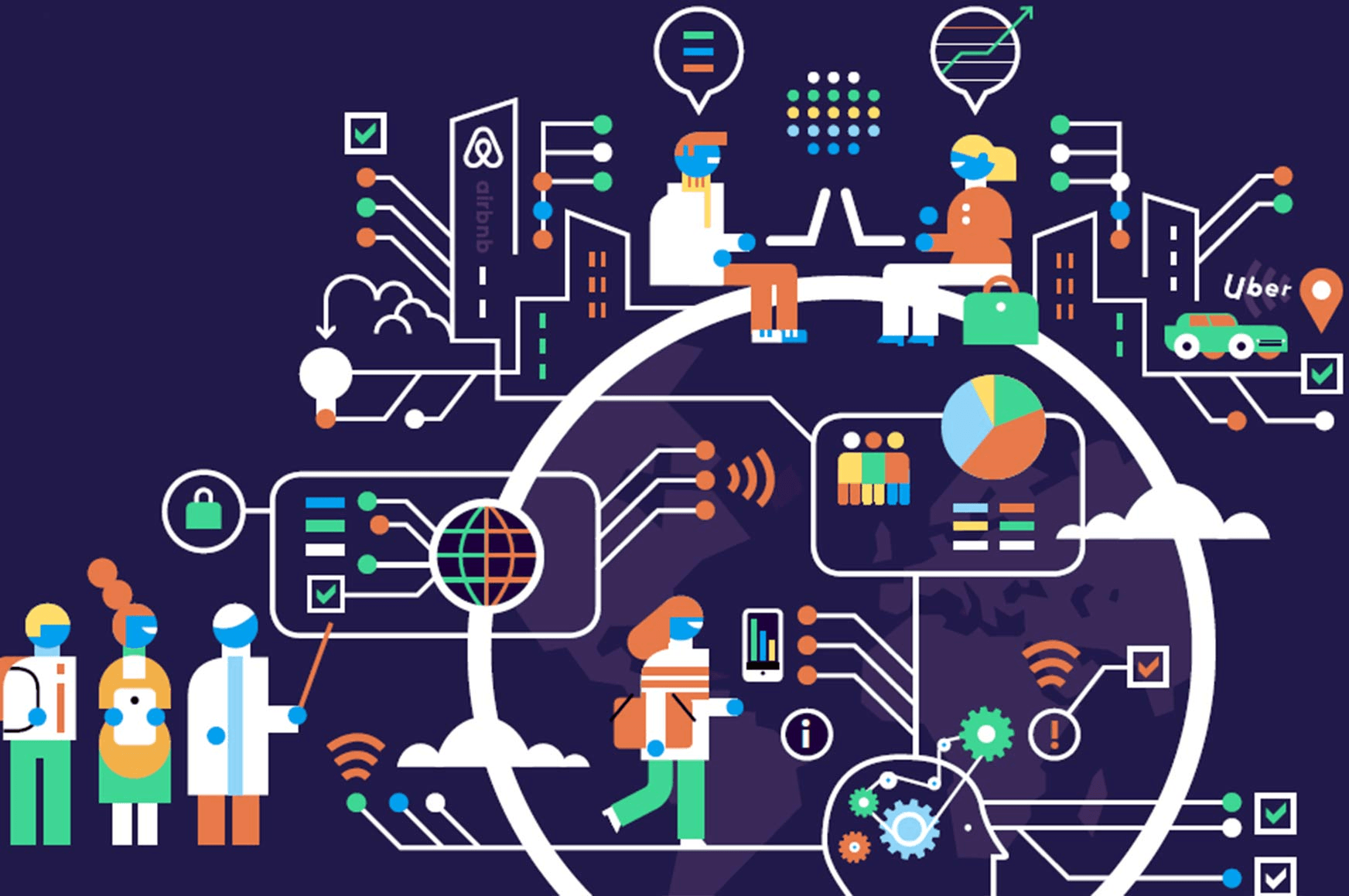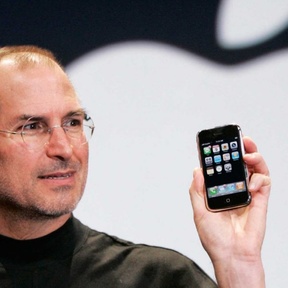Teaching to expect the unexpected
The history of modern education dates back to the first industrial revolution. This model of education molded students into passive recipients of information from a central transmitter, the teacher. It was fit for its time, favoring mass dispersion of information through rote memorization. In a time when knowledge was scarce, the method – often labeled assembly line learning – was admittedly the best technique to spread “intelligence” with little capital.
 This system is now outmoded. Technology has enabled information to become ubiquitous, and students no longer need to depend on their teachers as the unilateral reservoir of knowledge. Their mobile devices act as appendages for global information discovery; never before has humanity been so connected to so much knowledge. Therefore, testing for standardized, memorized fact points can no longer be a testament to one’s intellectual capacity. What students learn and how they learn has to be reengineered for the information age.
This system is now outmoded. Technology has enabled information to become ubiquitous, and students no longer need to depend on their teachers as the unilateral reservoir of knowledge. Their mobile devices act as appendages for global information discovery; never before has humanity been so connected to so much knowledge. Therefore, testing for standardized, memorized fact points can no longer be a testament to one’s intellectual capacity. What students learn and how they learn has to be reengineered for the information age.
Higher education thus has take the first leap to train future workers for an information-saturated world being constantly mutated by emerging technology. We have now entered the 4th Industrial Revolution, which comes concurrently with the 2nd Digital Revolution. The workforce that these revolutions demand will need to be adaptable to a world of constant technological change, where today’s career choice could possibly be disposed to the trash dump of history.
For example, according a popular estimate, 65% of children entering primary school today will ultimately end up working in completely new job types that don’t yet exist. Sound outlandish? Just think of the “sharing economy,” which has fundamentally transformed how we shop, work and commute within the span of a decade. The ideal student will thus have to have a certain set of transferable skills, which is what IE University’s approach aims to imbue.
Sharing economy
Higher education today must prepare students for jobs that do not yet exist. Think this is hard to imagine?
 Just one decade ago, Uber did not exist, and for the most part did not enter global awareness until about six years ago. The world has never been the same.
Just one decade ago, Uber did not exist, and for the most part did not enter global awareness until about six years ago. The world has never been the same.
The new world of education has to anticipate the possibility of new industries like this disrupting the world their students enter into. Indeed, the sharing economy has disrupted food delivery, taxi, office space and hotel services. This is why IE University focuses on training its students in a wide variety of current technologies and transferable soft skillsets. Instilling this adaptability mindset is the only way to anticipate such disruptive industries.
Photo: www.drive-now.com
Installing an entrepreneurial mindset
One of the core attributes that IE University’s programmes provide students is an entrepreneurial mindset. But what exactly makes a good entrepreneur?
According to Entrepreneur magazine, there are three qualities inherent in successful entrepreneurs: work ethnic, persistence and – no surprise – adaptability. All of those qualities are transferrable in a digital knowledge-based economy.
But acquiring an entrepreneur mindset doesn’t mean you need to become an entrepreneur. What the mindset does reflect is a set of skills that comes without an expiration date and will be valuable to industries now and into the foreseeable future. This includes the ability to assimilate diverse information quickly and apply it to strategic decision-making.
At IE University, tools such as the WOW (Window to the World Room), a video conferencing-learning environment, allows students to practice these skills. By brining together 48 screens of students from around the world into one room that creates a digital tapestry, professors can test their class by presenting various scenarios and analytics.
“The WOW Room truly brings the future of learning forward.”Diego Alcázar Benjumea, Vice President of IE Business School
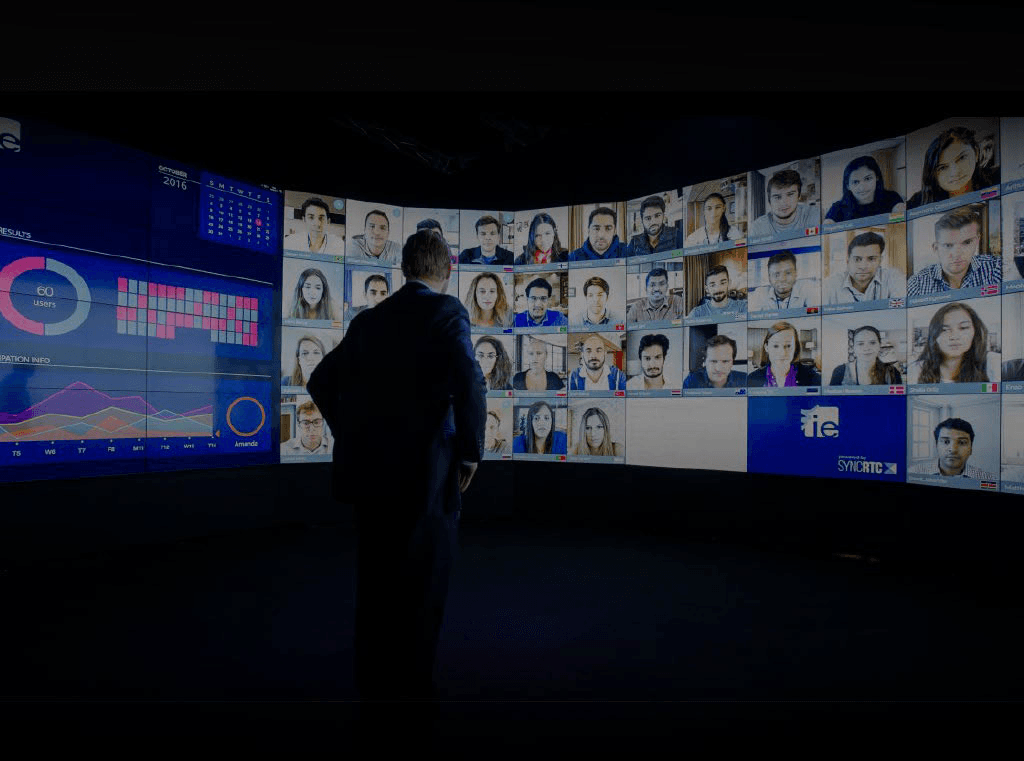
Fresh graduates boldly go entrepreneurial

Part of what is driving the need to teach to entrepreneurial mindset is student demand.
Fresh graduates have diverged away from the class of their parents and now overwhelmingly prefer an untraditional path.
According to a Forbe’s magazine survey, only 13% of millenials envision themselves climbing a linear corporate ladder to become a CEO or president.
On the other hand, 67% –about two-thirds of respondents– said that they aim to start their own business.
That’s a lot of entrepreneurs coming up on the horizon.
Photo: www.accordingtoadrienne.com
The transferable humanities skills of an integral education
In a world of constant change, we have to focus on skills that will be demanded by industries today and those that are yet to exist. The integral approach to education allows just this by breaking away from the magisterial approach to develop holistic attributes, including cognitive, emotional, interpersonal, artistic, moral and spiritual skills. Such a catalogue of humanities skills will create well-rounded individuals that can more easily adapt in the advent of the second information age.
Integral education provides interpersonal, emotional and critical thinking skill.

The largest difference compared with yesterday’s universities is that subject majors can no longer be learned in an expertise vacuum. What integral education aims to give students is the complete picture: the interpersonal skills that can be used across industries and roles, such as storytelling, interviewing and public speaking; the emotional skills, such as the critical thinking required to calmly jump into a new task; or the moral intelligence needed to ethically apply an artificial intelligence platform to human needs.
This is exactly the goal of IE University’s unique approach to education, which focuses on key pillars that mix humanities and technology. Through this curriculum, the ability to interpret different perspectives, develop critical thinking and cope under pressures are just as important as which technical skills you learn. Without a strong focus on humanities, a student will not be able to apply emerging technology in a dynamic world.
Former Apple CEO Steve Jobs often spoke of the importance of the intersection between technology and humanities. PHOTO: YOUTUBE
Meta and multiplier skills
“The illiterate of the 21st century will not be those who cannot read and write, but those who cannot learn, unlearn and relearn,” futurist Alvin Toffler wrote. The ability to consistently reinvent yourself will depend on the humanities skillsets that you acquire early on in university. The most valuable skillsets today are no longer the ability to memorize factoids, but the soft skills and practical functions that can compete the needs of a future economy.

Meta skills and multiplier skills are two common examples of valuable transferrable skillsets. But why do these skills matter as much as a subject specialty?
A meta skill is a foundation humanities super-skill. They are generally soft skills that can be transferred to any job, and are particularly important foundation traits of industry leaders. For example, perspective-taking, pain-spotting, story-telling, interviewing and connecting the dots are considered essential meta skills for leadership roles – no matter the industry.
Multiplier skills do just as they imply – they exponentially enhance your meta skills and subject expertise. Common multiplier skills are writing, selling and public speaking. All of these skills are applicable to any industry, because the further up in a organization that you grow, the more imperative it becomes to communicate written messages clearly, promote value and hold meetings with more than two people.
VALUABLE TRANSFERRABLE SKILLS THAT FORGE THE FUTURE OF HIGHER EDUCATION
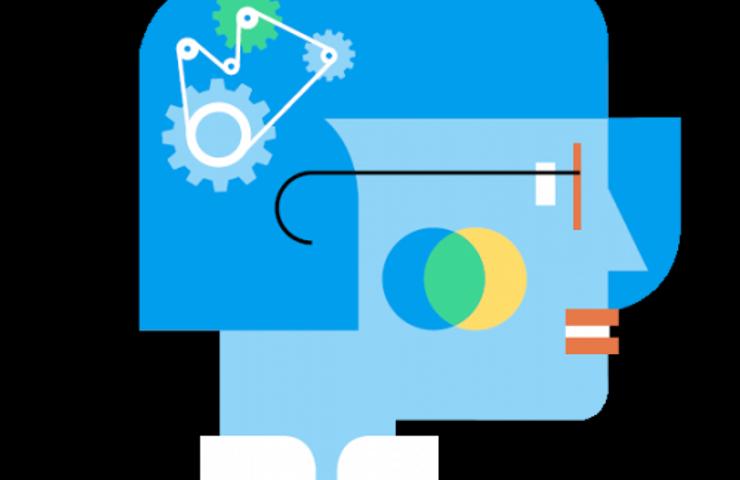
WHAT ARE META SKILLS?
• Interviewing • Pain-Spotting • Story-Telling • Perspective-Taking • Connecting the Dots
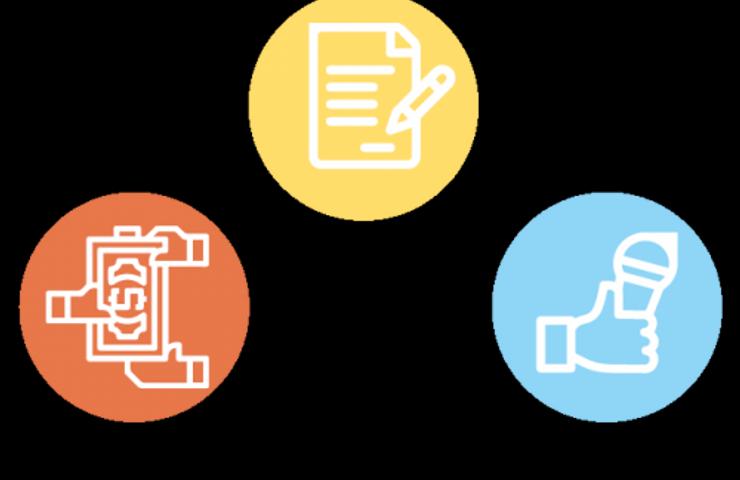
WHAT ARE MULTIPLIER SKILLS?
• Selling • Writing • Public Speaking
Innovating education: Where we go from here
Higher education today is posed with a challenging task. So grand is this challenge that it has incited the greatest innovation revolution in education in 200 years.

E-learning opportunities promise to bring education to students far and wide, greatly democratizing access to higher education and creating a world classroom. New educational experiences will thus be tailored to mirror the demands of the digital workforce while reaching new students from across the globe.
This is why IE University applies studentled learning that focuses on diverse emerging challenges, such as digital responsibility. The university’s student body is overwhelmingly international, providing its students with the exposure they need to nurture a global perspective. Our campuses in Madrid and Segovia have more female students than male, creating an environment of gender diversity.
Our education system can no longer depend solely on test taking. At IE University, courses instead excel at imbuing a mindset of perpetual learning. Students are taught to mix their subject expertise, emerging technologies and soft skills together, creating a profile that is as valuable to them as it is to their career path.
Case study: Google for Education

Google for Education recently recognized a number of trends that will influence the future of education.
In the UK version of Google’s report, the lending trend that teachers identified was digital responsibility.
The value of personal data, resulting data privacy laws and the impact of misinformation on social media have propelled the importance of digital responsibility to the fore of education. And not just for students.
These days, everyone would benefit from a class on how to identity fake news sources, and understand the difference between personal data and meta data.
THE IMPORTANCE OF IMPROVING DIGITAL PREPARDNESS
THE NEW WORLD OF HIGHER EDUCATION TAKEAWAYS

TEACHERS MUST EMPHASIZE ADAPTABILITY IN THE CLASSROOM

HAVING AN ENTREPRENEURIAL MINDSET IS VALUABLE FOR ALL CAREER CHOICES

TEACHING HUMANITIES AND TECHNOLOGICAL SKILLS WILL MAKE STUDENTS MORE TRANSFERRABLE

